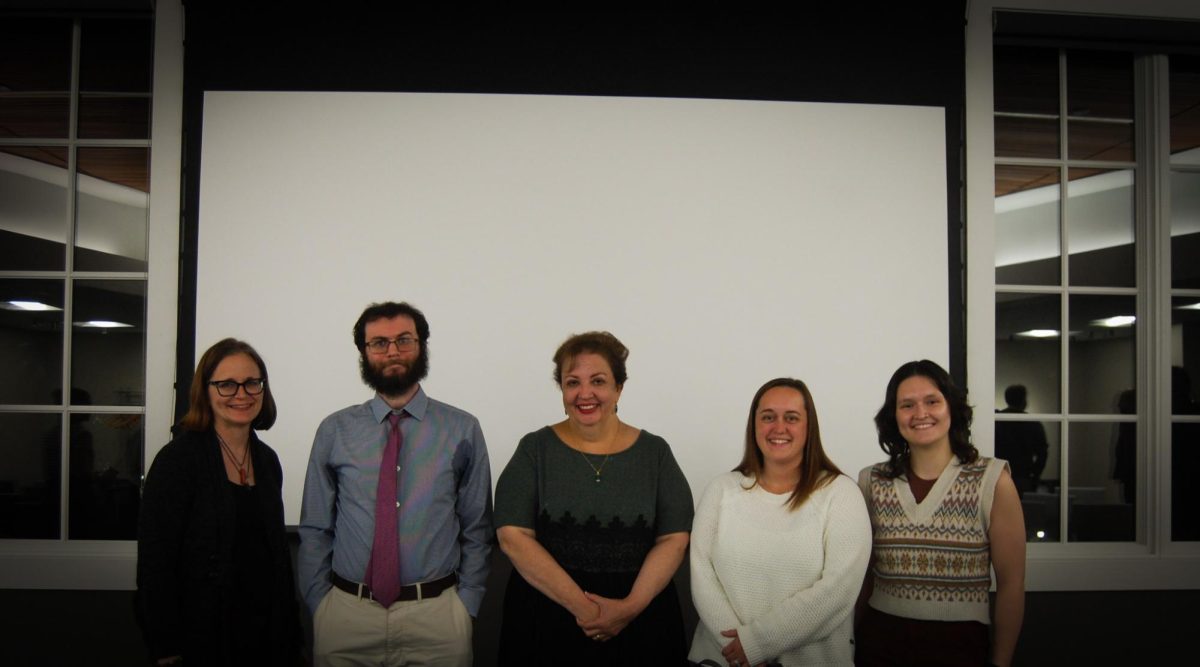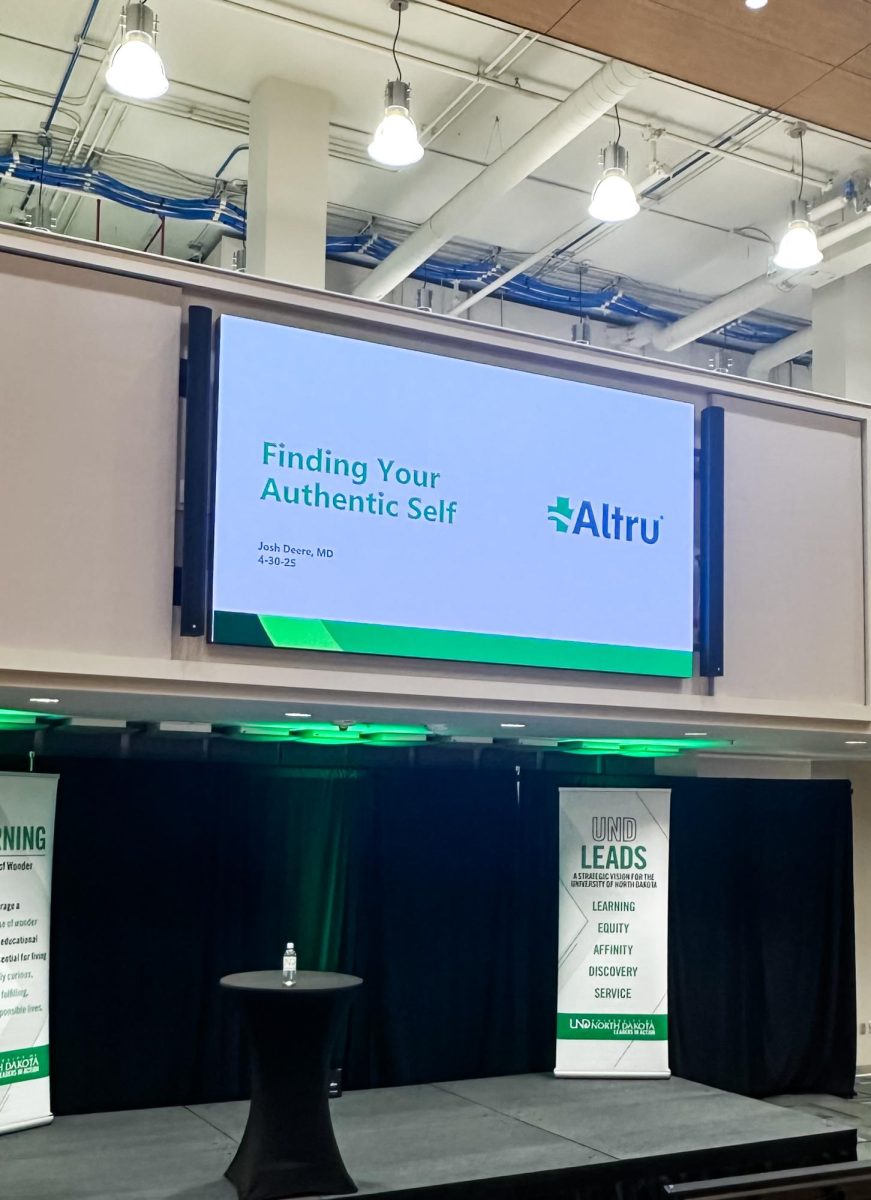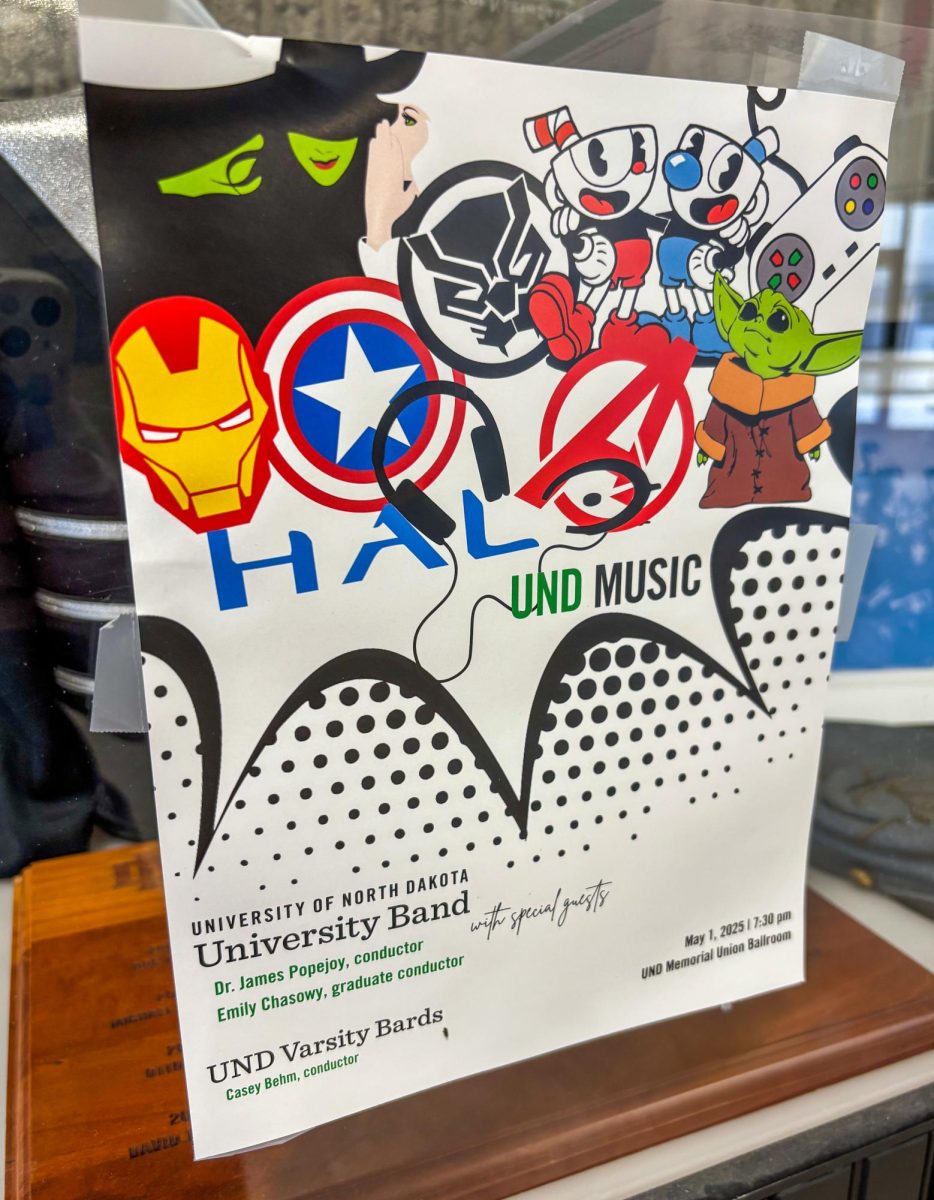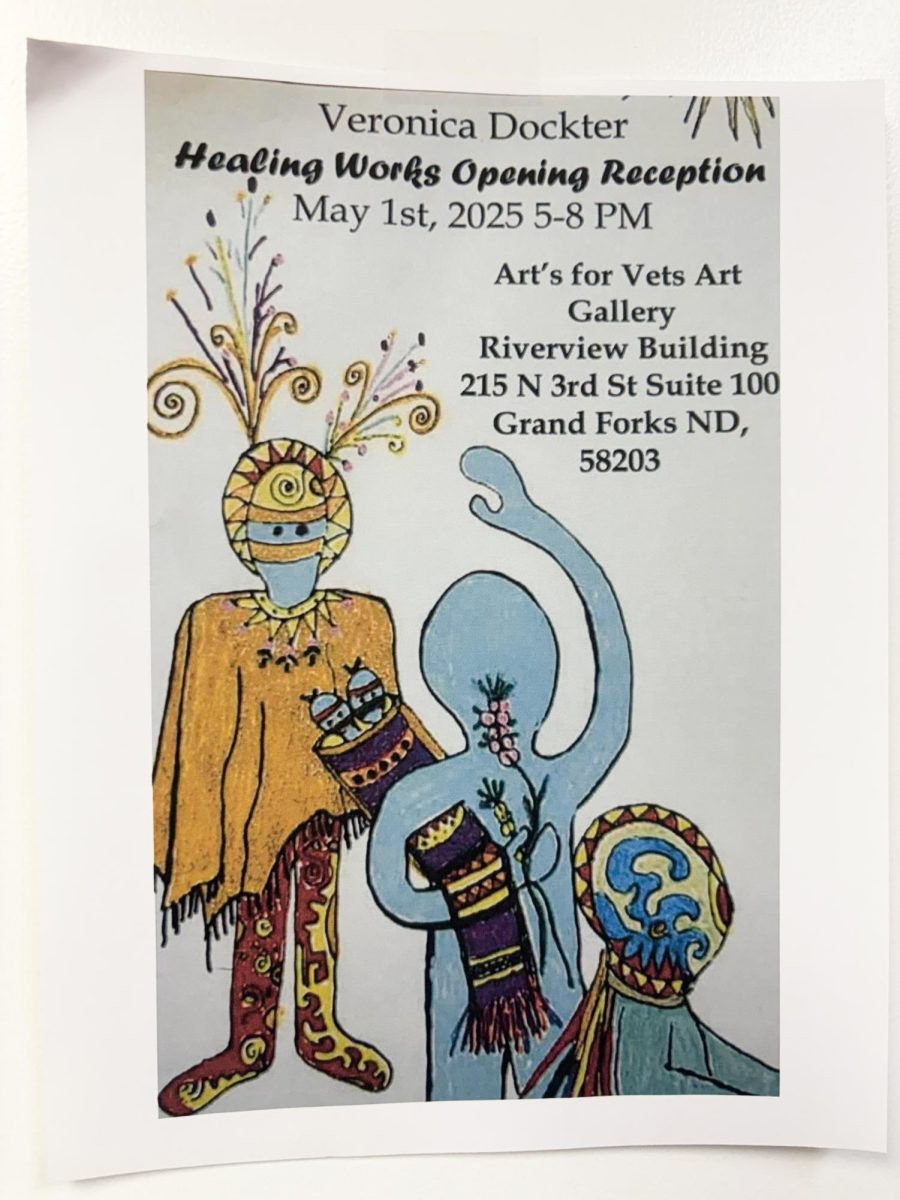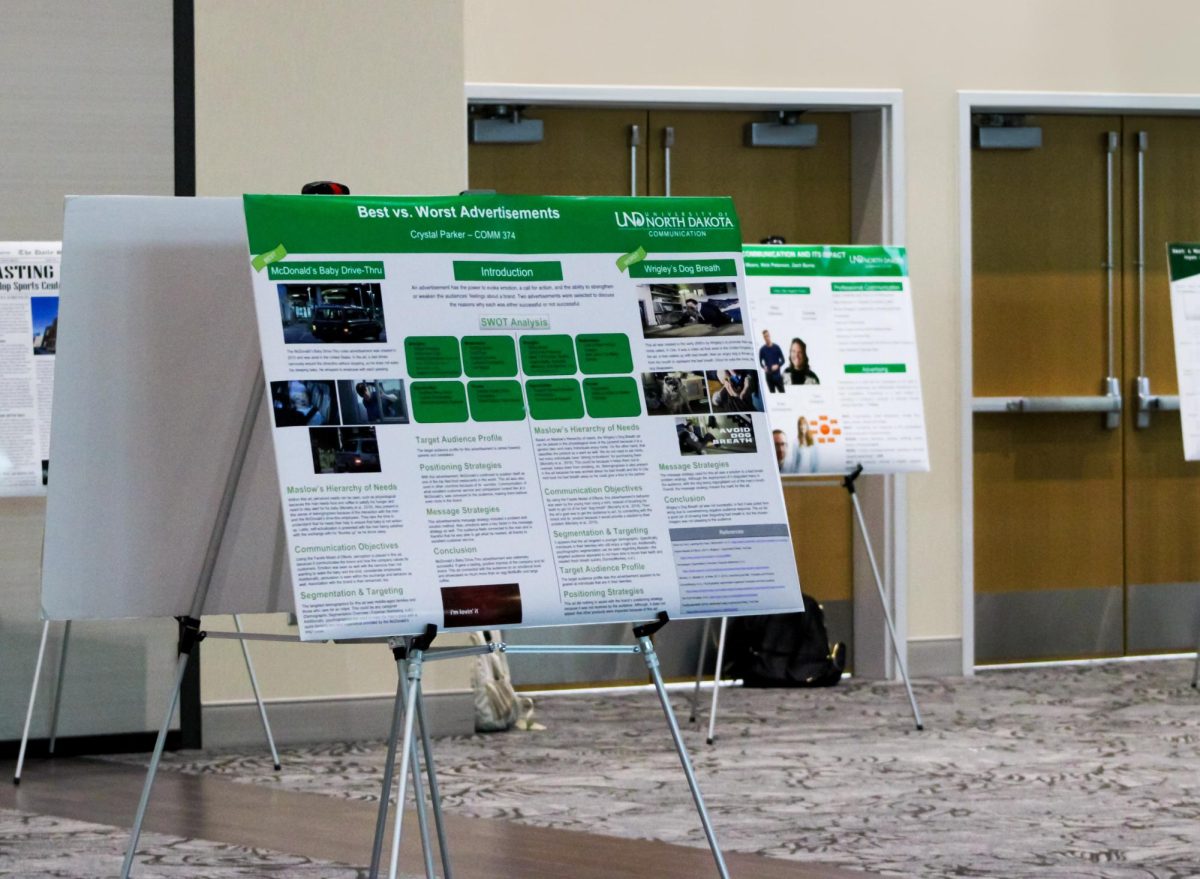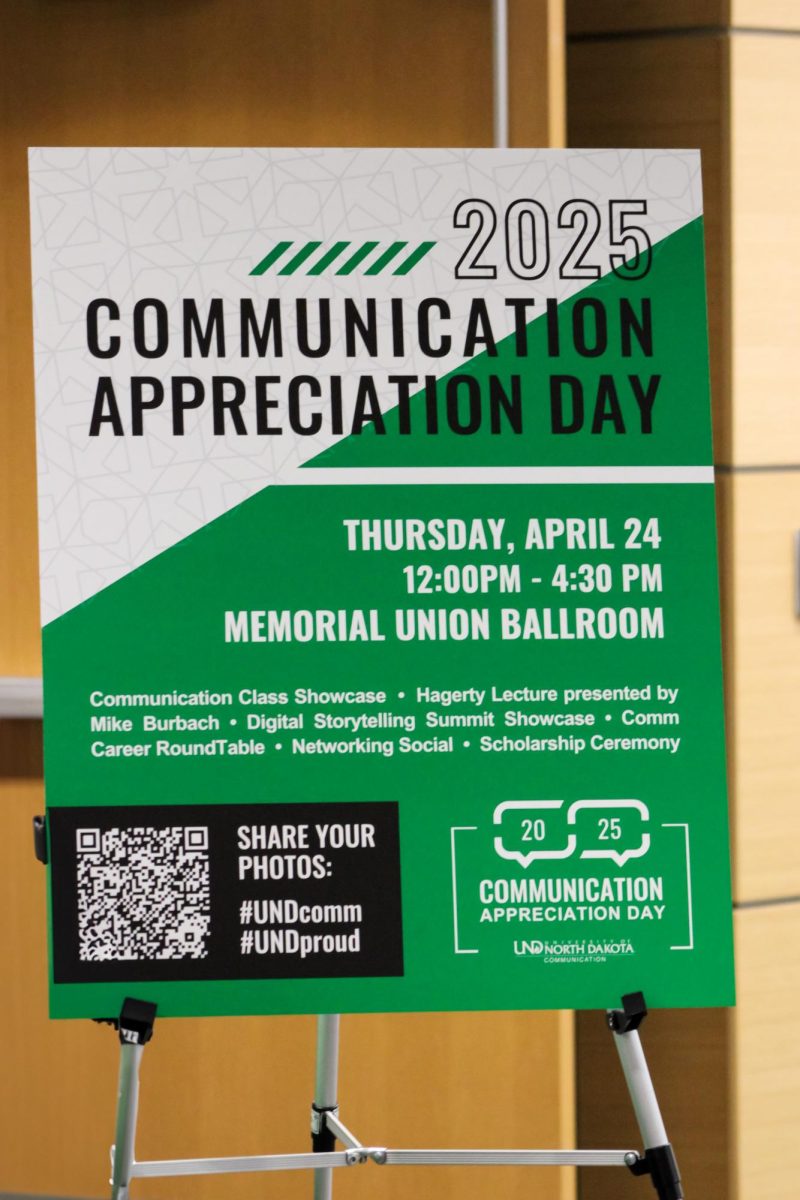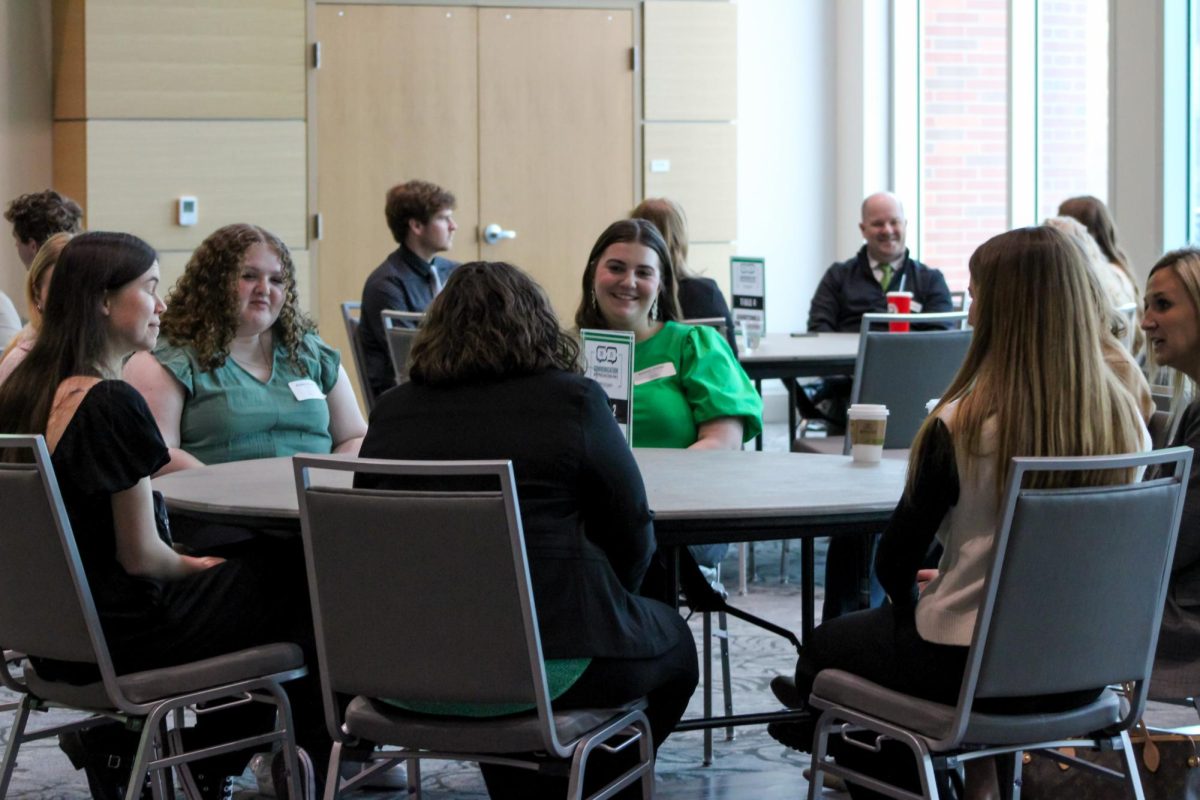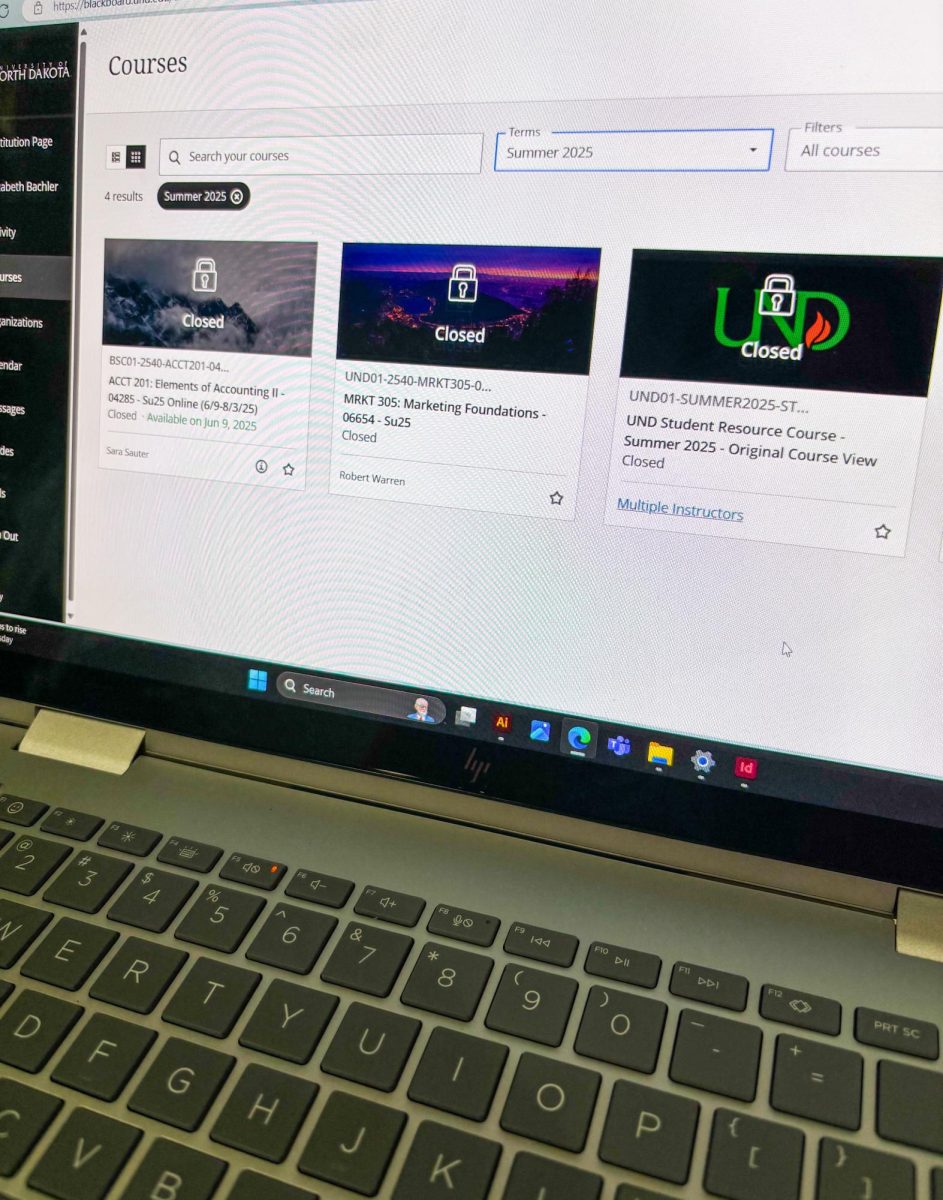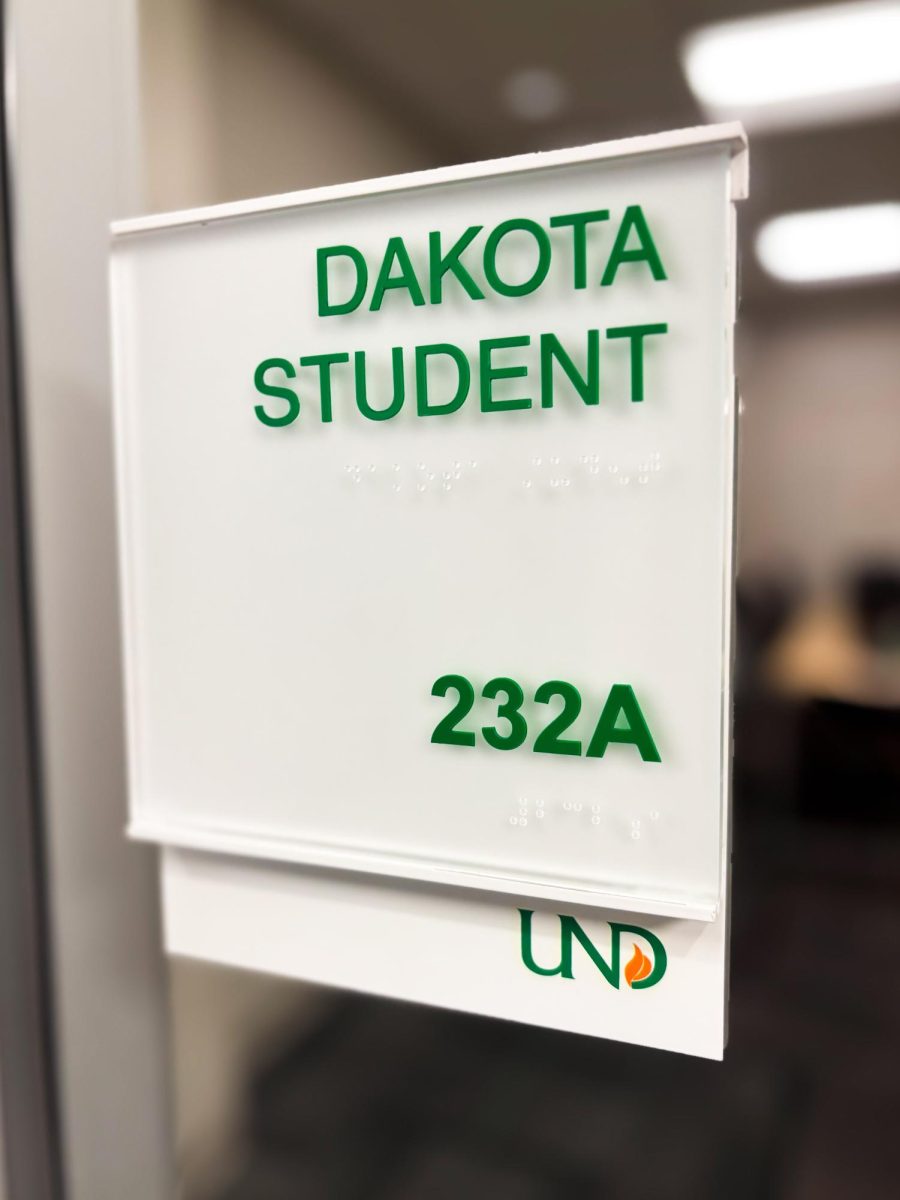The Chester Fritz Library and The F Word, a feminist student organization, recently hosted a panel on book banning and intellectual freedom. They also held a giveaway of two widely known books that have been targeted by these bans: Maia Kobabe’s graphic novel “Gender Queer” and Toni Morrison’s “The Bluest Eye.” While it may not surprise you that the book banning concerns the Chester Fritz Library, it is no coincidence that The F Word organization is involved in this discussion. These book bans typically target exactly what the organization seeks to address, as their UND involvement statement says, “inequality based on gender and sexuality, as well as socioeconomic inequity, racial and ethnic discrimination, and bias against those with physical and mental disabilities.” But why this surge in book banning? And why does it target such content? This is what the four panelists — English Professor Dr. Crystal Alberts, Open Educational Resources Librarian Jackson Harper, Law Professor Kristen Dauphinais, and School Board and Community Member Amber Flynn — sat down to discuss with The F Word President and discussion moderator, Caitlin Scheresky.
When the panelists were asked about the pros and cons, if any, of challenging a book, their answers varied. Harper, who works at the Chester Fritz Library, noted that the process exists for a reason, typically to remove books with outdated scientific information, forgeries, or books with significant plagiarism, as they are either of little use, other than perhaps as a historical curiosity, or are not original or ethical. However, as many other panelists mentioned, the focus of book bans has shifted toward partisan issues such as attitudes on sexuality, race, class, and gender. Flynn argued that many of the issues people had with certain books were paragraphs or chapters taken out of context. She mentioned her experience on the school board where one complaint was brought forward by someone who had failed to read the book in its entirety. If students were allowed the full context and the discussion around that context, she argued, many of the topics in these books could become educational tools that give students a way to express things they had no words for before encountering the text. Dr. Alberts also added that she herself uses books that have faced bans in her classes, despite any personal feelings of dislike or disagreement because she views them as reflecting a moment in time or as an important historical lesson. Professor Dauphinais stated that she often teaches in her class the idea that the solution for bad speech is more speech. By allowing these controversial books to exist in public spaces, we may create the opportunity for civil discourse. In addition, Professor Dauphinais warned that these bans are often a mark of totalitarianism.
Scheresky then asked the panel what direction they see the book bans going and if there was anything students could do to stand up against book bans and support educators. Several ideas were discussed; perhaps the book bans would prove to be another ebb and flow of history, or maybe they would begin to target topics like climate change or abortion. Either way, it seemed the panelists, especially Professor Dauphinais, were highly concerned with the possibility of more bans and urged students and community members to vote in local elections, on school boards, and in every space where they might have a vote or a voice. Dr. Alberts also encouraged students to reach out to their peers, while Flynn asked the silent majority to speak up. Finally, Harper asked students to make it personal and put a face to the value of literature.
To join this ongoing discussion and/or oppose book bans, contact thefwordund@gmail.com or visit The F Word’s Instagram page to join their twice-a-month meeting at the Memorial Union.
Kira Symington is a Dakota Student Section Editor. She can be reached at kira.symington@und.edu.


